
THE UNPOPULAR OPINION is an ongoing column featuring different takes on films that either the writer HATED, but that the majority of film fans LOVED, or that the writer LOVED, but that most others LOATHED. We’re hoping this column will promote constructive and geek fueled discussion. Enjoy!
**** SOME SPOILERS ENSUE****
As this week’s film is also one which was criminally overlooked when it first arrived in cinemas (and therefore the subsequent Director’s Cut all the more so), perhaps the “unpopular” part of my opinion needs to take a different track than simply saying: I love KINGDOM OF HEAVEN more than any other ever made. Because while this may certainly boggle those people I know who loathe this movie, as I said the majority of folks simply have not seen it.
So here’s bigger conversation fodder for you: I believe KINGDOM OF HEAVEN to be far and away Ridley Scott’s best film. I’ve seen almost all of them except for WHITE SQUALL and 1492: CONQUEST OF PARADISE, and the latter is only because I cannot for the life of me find a copy anywhere (so if you know of one and want to hook me up…). I’ve also watched most of his films many times (GLADIATOR and AMERICAN GANGSTER especially), and most of his films are generally agreed to be cinematic classics and/or revolutionary in one or another (ALIEN, BLADE RUNNER, LEGEND, THELMA AND LOUISE, BLACK HAWK DOWN, and GLADIATOR in particular). PROMETHEUS is shaping up to very possibly be Scott’s best yet, but until June 8th rolls around I will say with full fervor and without hesitation that the crown undoubtably belongs to KINGDOM OF HEAVEN.

“This is not heaven, it’s the world. And there’s troubles in it. Do yourself no injury – other men are always good for that.””
There are any number of reasons why KINGDOM OF HEAVEN only made $47 million domestically when it released in 2005 (yes it recouped its $130 million budget with international grosses, but still…) – it released just two weeks before STAR WARS: EPISODE III – REVENGE OF THE SITH, people were wary of historical epics after the critical bomb that was 2004’s TROY, people were sick of Orlando Bloom after his constant box office presence due to TROY and both the PIRATES and LORD OF THE RINGS franchises, or maybe the Crusades were either too heavy or not engaging enough to draw audiences into cinemas on the first weekend in May. Whatever the cause may have been people just didn’t turn out to see KINGDOM OF HEAVEN, and the generally negative critical consensus obviously didn’t help convince anyone who was on the fence after that first weekend. Which is a real shame to my mind, because not only did I happen to genuinely enjoy the theatrical cut of the film but that lack of financial and critical success has then prevented the majority of people from checking out Scott’s Director’s Cut. In other words, checking out Scott’s greatest achievement and cinematic masterpiece.
It would be awfully difficult for me to go through each and every way in which I believe KINGDOM OF HEAVEN to be so brilliant, as the film is epic in every sense of the word and examples abound for each point I might make. So I’m going to instead address each element of the film in more general terms and pair that analysis with examples from some of Scott’s other films, and maybe we’ll get somewhere before I end up writing the thesis-length piece I could so easily fall victim to…
Fundamentally this is a review of the Director’s Cut, because that is the version I 1) I know the best and 2) re-watched for this review. It is also the cut that Ridley Scott would prefer you to see, as per his note at the beginning of the film on DVD: “This isn’t just adding a couple shots at the beginning, a couple shots at the end, and doing an elongated version of a lot of entries and exits of scenes. This is organic characterization put back into the movie.” That’s the best kind of characterization in my book, and in this film’s case it makes all the difference.

“You go to certain death.”
“All death is certain. I shall tell your father what I’ve seen you become.”
The Acting: Nearly everyone involved with KINGDOM OF HEAVEN turns in the best work of their career, with the only exception being those who have such small roles (Liam Neeson, David Thewlis) that better showcases for their talent can be found elsewhere in their more prominent performances. Eva Green alternately dazzles, seduces, and intimidates as Jerusalem’s Queen Sibylla, Martin Sheen and his sycophancy slithers impeccably under the skin, Ghassan Massoud impresses with a stoicism bound up in deep feeling and kingly severity as Saladin, and Edward Norton is truly heartbreaking in his uncredited turn as the leprous King Baldwin IV. And then there’s Orlando Bloom’s work as Balian the blacksmith, a performance where he manages to layer an understated veneer with layer upon layer of feeling and thought. The role is written in such a way that a lesser actor would have easily fallen into the trap of either crafting an infuriatingly sanctimonious character or one so emotionless that it would make a horse seem more interesting by comparison, but such is not the case with Bloom.
Instead of falling into either trap, Bloom rises to the challenge and delivers a performance that anchors the entire film. KINGDOM OF HEAVEN is a story with expansive scope and rich tapestry of characters, religion, and politics, but Bloom is able to use Balian to tie everything together by how his character constantly simmers with an inner life that matches the louder show of his antagonists Guy de Lusignan and Reynald de Chatillon. Played by Martin Csokas and Brendan Gleeson, they are boldly vicious in their villainy and chew up the screen with a liveliness and fury that is quite the sight to behold. All in all every performance found in KINGDOM OF HEAVEN compliments every other performance, with a subconsciously engaging rhythm to be found in the flow of volume, emotion, tempo, and timing. Is anyone’s work in this film Oscar worthy? Maybe not, but that’s not what makes these performances so perfect. It is precisely because they work so well together, that they support and enhance the world/characters around them rather than outshining anything else (see ROBIN HOOD or HANNIBAL as an example), which makes this batch of performances the cohesive best of any Scott film I know.
The Story: The scope and vision of KINGDOM OF HEAVEN truly boggles my mind. There are three layers of journey for every major character, those of the physical, the emotional, and the spiritual, and they are allowed their full weight and arc. The story, even as it is in the theatrical cut but of course more so in the Director’s Cut, is as much a character piece as it is an adventure film and as much a drama as it is an action epic. The story follows the complete journey of actual human beings, giving them the time and the reason to become who they become. In doing so, the story itself provides consideration for a whole host of facets to the arts of filmmmaking and storytelling, with time for personal reflection and character work and huge battles and wide shots full of CGI and extras and stunning cinematography and everything in between. I can’t even quite comprehend how Scott crafted this film such that so many different moments could be not only included but given their full weight and time to live, but he did.
Not to mention how this is a story that, truly unlike every other Scott film ever made, encompases a grand story that is completely personal, spiritual, societal, and cultural in its relevance. His other films may address one or two of those concerns, but KINGDOM OF HEAVEN covers them all. It is about people and nations, God and man, death and life, honor and compassion, and everything in between. It is a film about life itself, encapsulated in the microcosm of a single historical event that is just as vibrantly relevant to this very day.

“What could a king ask of a man like me?”
“A better world than has ever been seen. A kingdom of conscience. A kingdom of heaven.”
The Cinematography: As far back as THE DUELLISTS Ridley Scott has (seemingly) endeavored to shoot every one of his films as though every frame is a painting, but nowhere does it show more clearly or successfully as with KINGDOM OF HEAVEN. Each shot, with the landscapes and model work in particular, is richly hued and textured. Each shot is replete with details and teems with life. And yes, the oft-seen and veyr basic technical decision to articulate different moods/tones of different places via color/tone is on full display here with the decision to bathe Balian’s French home in blues, the Holy Land in warmth, and memory somewhere in between. But it is carried out with an eye for clarity and beauty, with no one color scheme being washed out or muted in the least as a way of demonstrating the difference. Beyond even all of that lies the camera work, which flows and zooms smoothly and takes care to accent moments both obviously and subtly important. And with then there is the point that KINGDOM OF HEAVEN is framed impeccably (unlike GLADIATOR or BODY OF LIES, for example), nothing important to the scene is cut off once the camera stops moving and settles to observe a moment, and the action (both literally and emotionally) is clear in each and every moment. And this is all without even mentioning the plethora of beautiful shots, the highlight of which is the slow fade transition shot at the broken Christopher Gate from day and war to night, death, and peace.
The Script Itself: I’m not sure what has happened to William Monahan in subsequent years, as all of his scripts following KINGDOM OF HEAVEN have been nothing particularly special to me (his Oscar-winning script for THE DEPARTED included). But with this film he was on fire, and characters deliver line after line after powerful line. He juggles epic quotablilty, honest emotion, thematic balance, ugliness, beauty, and everything in between with an impeccable aplomb that is wonderful to witness in a first produced screenplay, with not a single word being wasted or unnecessary to the story’s advancement. His use of the tools of language (assonance, consonance, metaphor, alliteration, repetition, etc…) is very impressive, and the balance between telling KINGDOM OF HEAVEN’s story with text and with action equally so. He shows a deft understanding, of course compounded by Ridley Scott’s own experience and skill, of how a story must unfold and what is necessary for an audience to experience in order to connect with that story’s characters. It is, to be blunt, the most complete, detailed, and well-balanced script (see LEGEND and ROBIN HOOD for examples of the opposite) I have ever encountered in a Ridley Scott film. Everything unfolds from and is supported by what came before, and I can give it no higher praise without repeating myself.
A few selections from the script, heroic or evil as they may be:
Reynald: “I am what I am. Someone has to be.”
Balian: “God will understand, my lord. And if he does not, then he is not God, and we need not worry.”
Balian: “The Christians butchered every Muslim within the walls when they took this city.”
Saladin: “I am not those men. I am Saladin. Saladin.”
Tiberias: “That I would rather live with men than kill them is certainly why you are alive.”
Guy: “That sort of Christianity has its uses, I suppose.”
Godfrey: “Be without fear in the face of your enemies. Be brave and upright. that God may love thee. Speaks the truth, even if it leads to your death. Safeguard the helpless. That is your oath.”
Guy:“Would I had fought you when you were still capable of making bastards.”
Godfrey: “I knew your mother when she was making hers. Fortunately you’re too old to be one of mine.”
Odo: “Against whom and for whom did you fight?”
Balian: “For one lord against another, on a point which cannot be remembered.”
Odo: “There’s better game now – one god against another.”
Godfrey: “Do you know what lies in the Holy Land? A new world. A man, who in France had not a house, is in the Holy Land the master of a city. He who was the master of a city begs in the gutter. There, at the end of the world, you are not what you were born but what you have it in yourself to be.”
King Baldwin IV: “None of us know our end, really. Or what hand will guide us there. A king may move a man, a father may claim a son. That man can also move himself. And only then does that man truly begin his own game. Remember that howsoever you are played, or y whom, your soul is in your keeping alone. Even though those who play you presume to be kings, or men of power, when you stand before God you cannot say “but I was told by others to do thus, or that virtue was not convenient at the time. This will not suffice. Remember that.”

“I’m not here because I’m bored or wicked. I’m here because in the East, between two people, there is only light.”
The Score: For KINGDOM OF HEAVEN Scott turned to the talents of Harry Gregson-Williams, a student and subsequent protégé of frequent Scott-collaborator Hans Zimmer, who by 2005 had already worked on a wide variety of movies (ENEMY OF THE STATE, SHREK, PHONE BOOTH, MAN ON FIRE) and composed one of the most signature musical themes in video game history (METAL GEAR SOLID 2). Now while Gregson-Williams was at one point a student of Hans Zimmer, it is my opinion that with KINGDOM OF HEAVEN he was able to craft something that not only stands firmly on its own merits but which far surpassed even Zimmer’s Oscar-nominated score for GLADIATOR. You only have to look at Zimmer’s recent work with the SHERLOCK HOLMES franchise to see that while he can still create something full of vigor and fun, he lacks in complexity and fails to impress on a technical/craft level (see current Scott collaborator Marc Streitenfeld for a similar complaint). His work hits on an emotional level only, and while I do much enjoy listening to his soundtracks the only time I’ve ever been drawn in from a musical standpoint is when he openly collaborates with another composer of more complex skill (such as James Newton Howard on THE DARK KNIGHT).
Gregson-Williams, meanwhile, wrote music for KINGDOM OF HEAVEN that grips because of how it masterfully underlies the action and text. It is both simple and incredibly complex, with each of the separate themes layering upon one another while at the same time being expressed by a wide variety of instruments and voices. Musical transitions and developments are smooth, pulling the viewer along with the story and visuals rather than pounding loudly and overshadowing them the way many of Scott’s other musical collaborators do (Zimmer especially). Gregson-Williams uses many ethnic instruments and a mix of languages to match different moments and moods without ever overdoing it or falling into sterotypical expectation, and he is unafraid to underscore rather than draw attention to himself and “what the viewer should be feeling.” His score really works as a full journey in and of itself, and could almost be viewed as a composition that just so happens to fit perfectly with the film Ridley Scott made. Out of all the film scores I listen to, which there are many, KINGDOM OF HEAVEN is the one that most resembles to me a musical journey the likes of which could have been composed for an evening at the symphony. It is rather like Howard Shore’s work on LORD OF THE RINGS in this respect, and I would put the cinematic/musical contributions of the two composers on the same level in a heartbeat.
But though I can talk about the music from an aesthetic/layman standpoint, I’m afraid I’m relatively inexperience when it comes to the proper musical terminology to better articulate Gregson-William’s gorgeous achievement with KINGDOM OF HEAVEN. For a better discussion of such things and a more detailed examination of his skill with musical tools such as chord progression, layering, and counterpoint, I would strongly suggest clicking here.
On a side note, of special note to me is the track surrounding Baldwin’s death – it is operatic in scope and resplendent with beauty. Too bad you won’t find it on the score as sold by Amazon, but it is easily on par with Zimmer’s classics Gortoz A Ran (BLACK HAWK DOWN) or Now We Are Free (GLADIATOR). It full encapsulates the breadth, depth, sorrow, and hope of the scene, and fits perfectly with the action on screen.

“Will you yield the city?“
“Before I lose it, I will burn it to the ground. Your holy places, ours, every last thing in Jerusalem that drives men mad.”
In summation: Look, at the end of the day… while each of Ridley Scott’s films may individually do something better than KINGDOM OF HEAVEN, while each of them may have a particular aspect in which they outshine this film, what Scott has been able to do with KINGDOM OF HEAVEN is focus all of his skill, knowledge, and passion onto a single point and create a contemporary work of cinematic art. Every aspect of filmmaking coalesces with KINGDOM OF HEAVEN in a way unmatched by anything else Ridley Scott, or indeed most filmmakers, have ever done.
Now the Director’s Cut does clock in at three hours and twenty minutes (which is an hour longer than the theatrical), and I know that to sit down for that time may be a daunting proposition when you either 1) didn’t dig this film the first time around or 2) are unsure if you are interested in an extended crusader epic, but I beg you to give it a chance. Because even if you don’t find yourself madly in love and consistently enraptured with awe as I do, perhaps you’ll be pleasantly surprised by the story’s journey and the beauty of its imagery. Perhaps you’ll even be surprised enough to alter your opinion or renew your faith if it had been lost. Or perhaps you’ll even enjoy yourself enough to recommend it to a cinephile friend or two.
And that, to me, would be enough. Stories are meant to be told and art meant to be witnessed, and that’s what matters most.

“If this is the kingdom of heaven, let God do with it as he wills.”
Oh, and if you have any suggestions for The UnPopular Opinion I’m always happy to hear them. You can send along an email to [email protected], spell it out below, slap it up on my wall in Movie Fan Central, or send me a private message via Movie Fan Central. Provide me with as many movie suggestions as you like, with any reasoning you’d care to share, and if I agree then you may one day see it featured in this very column!



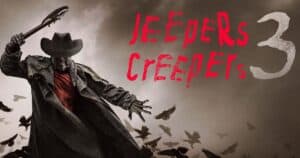
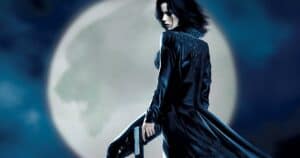
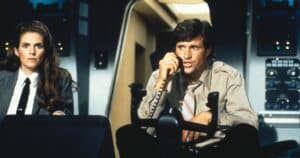
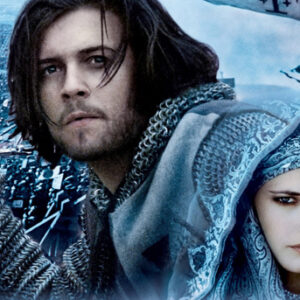
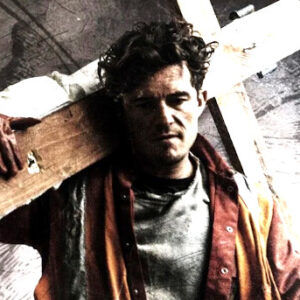
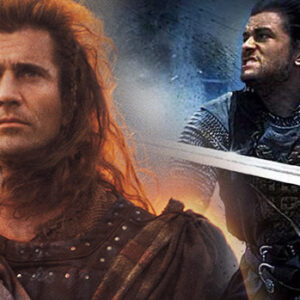

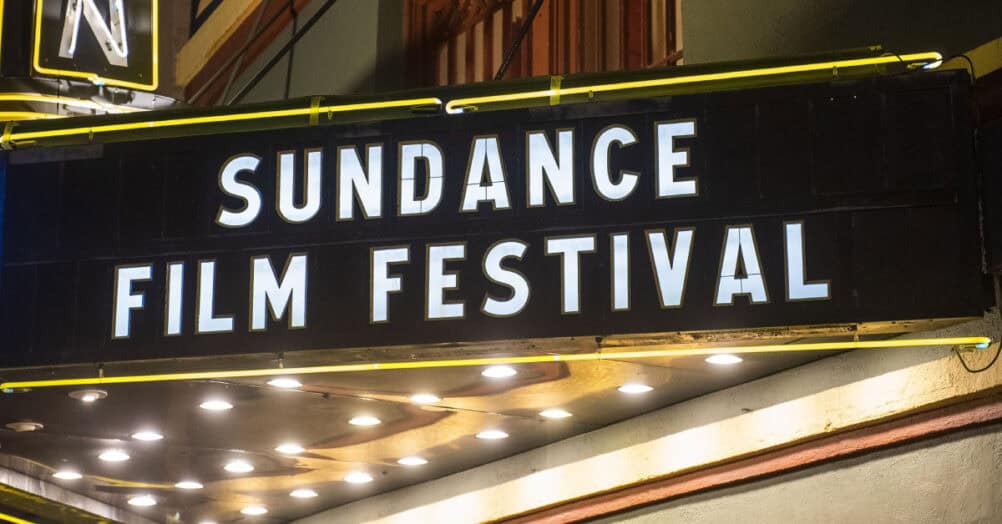
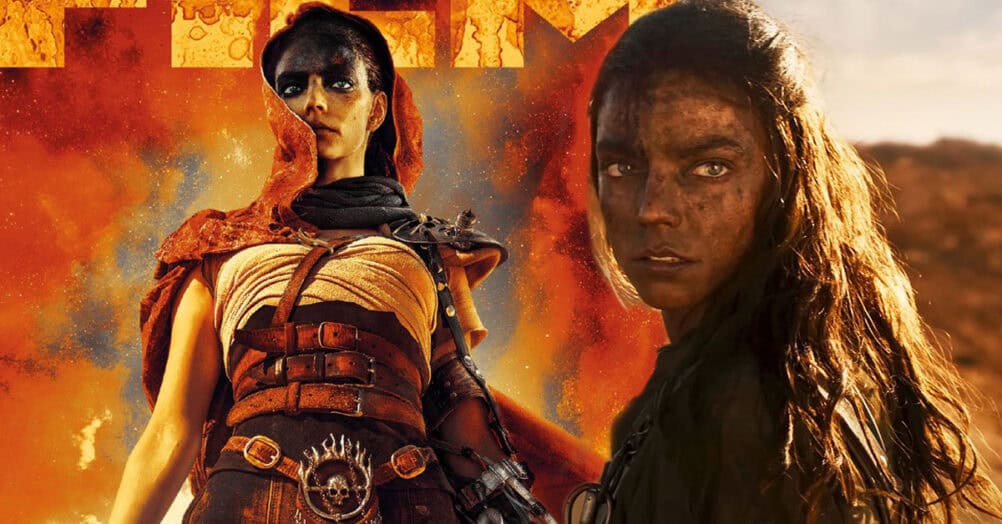
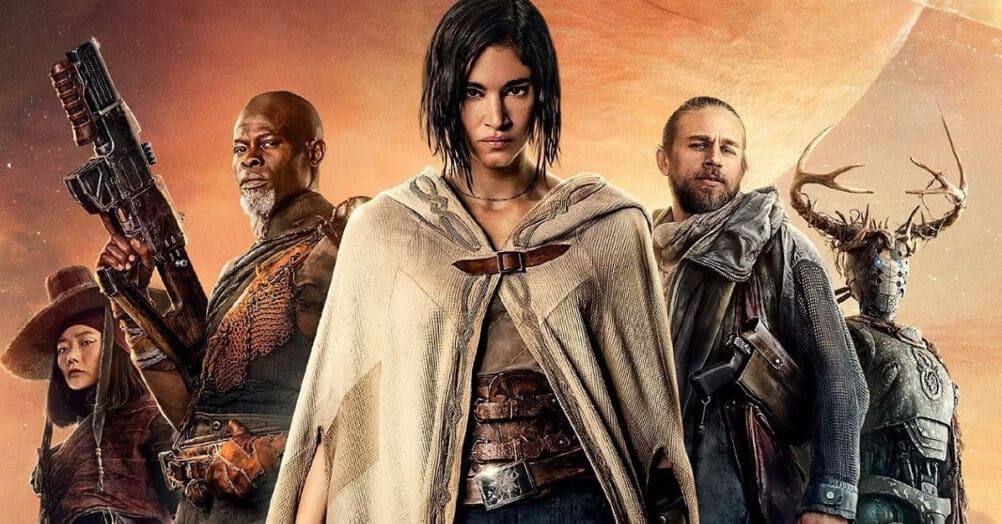
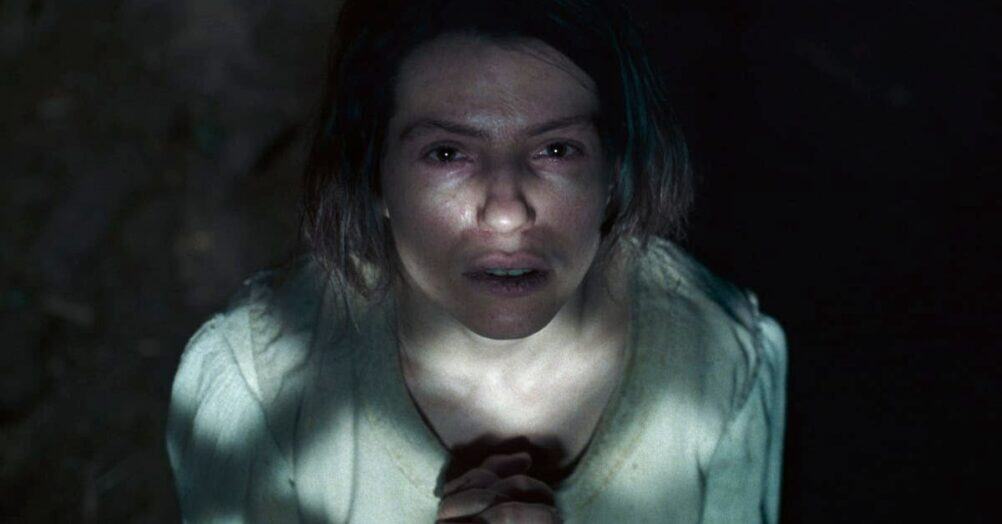
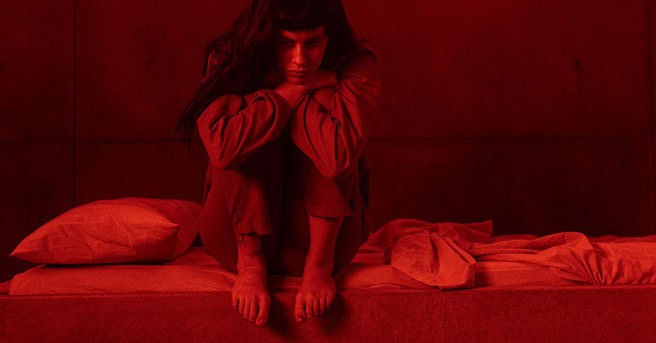
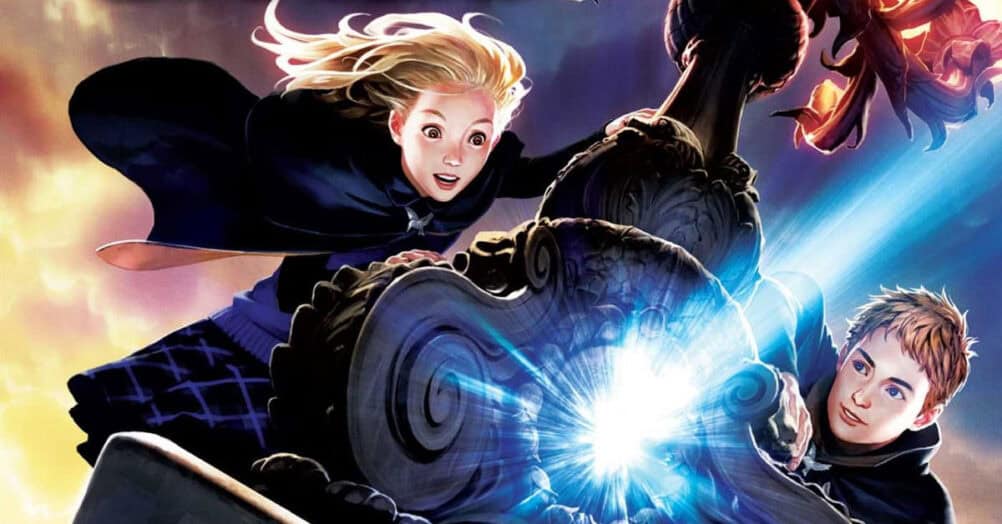
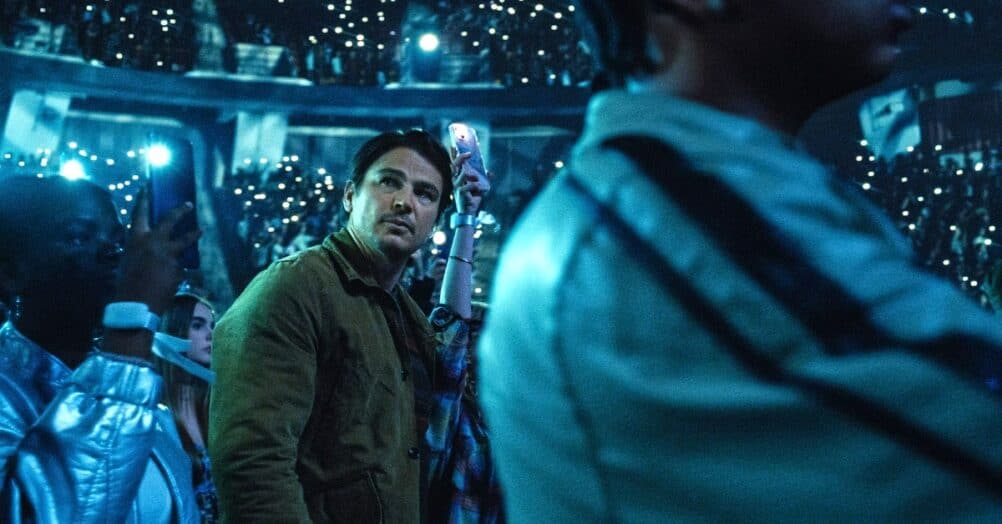
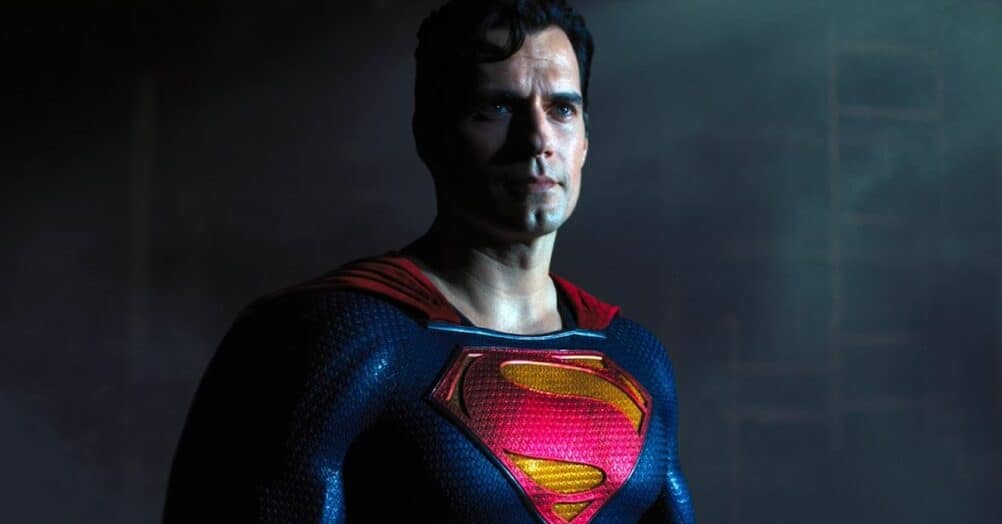
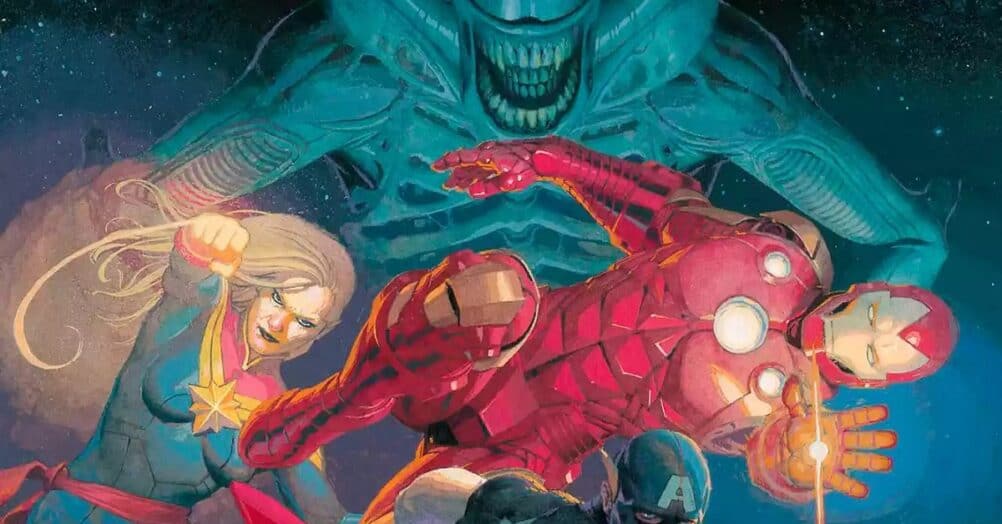
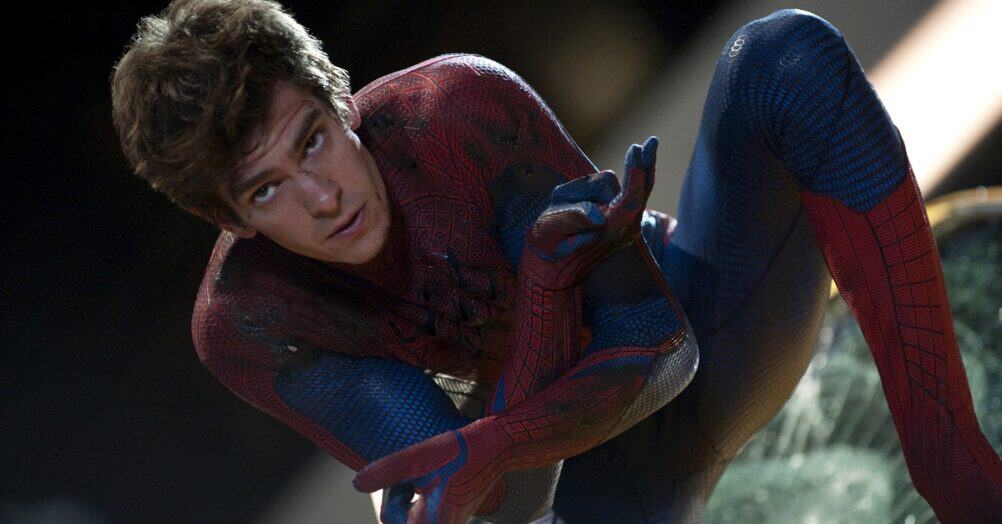
Follow the JOBLO MOVIE NETWORK
Follow us on YOUTUBE
Follow ARROW IN THE HEAD
Follow AITH on YOUTUBE